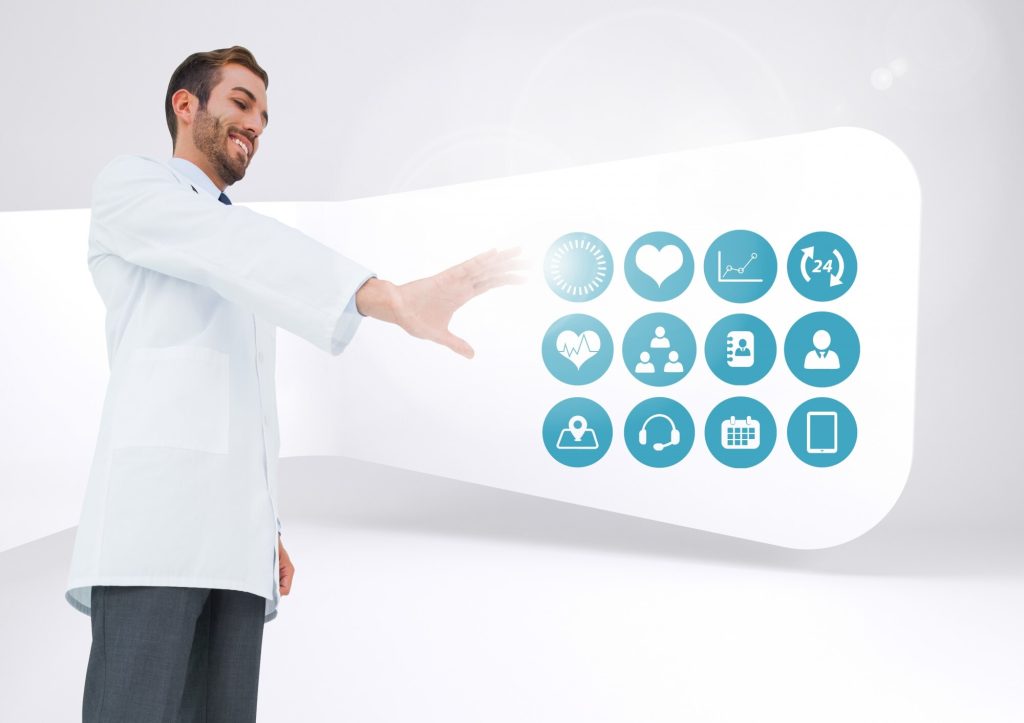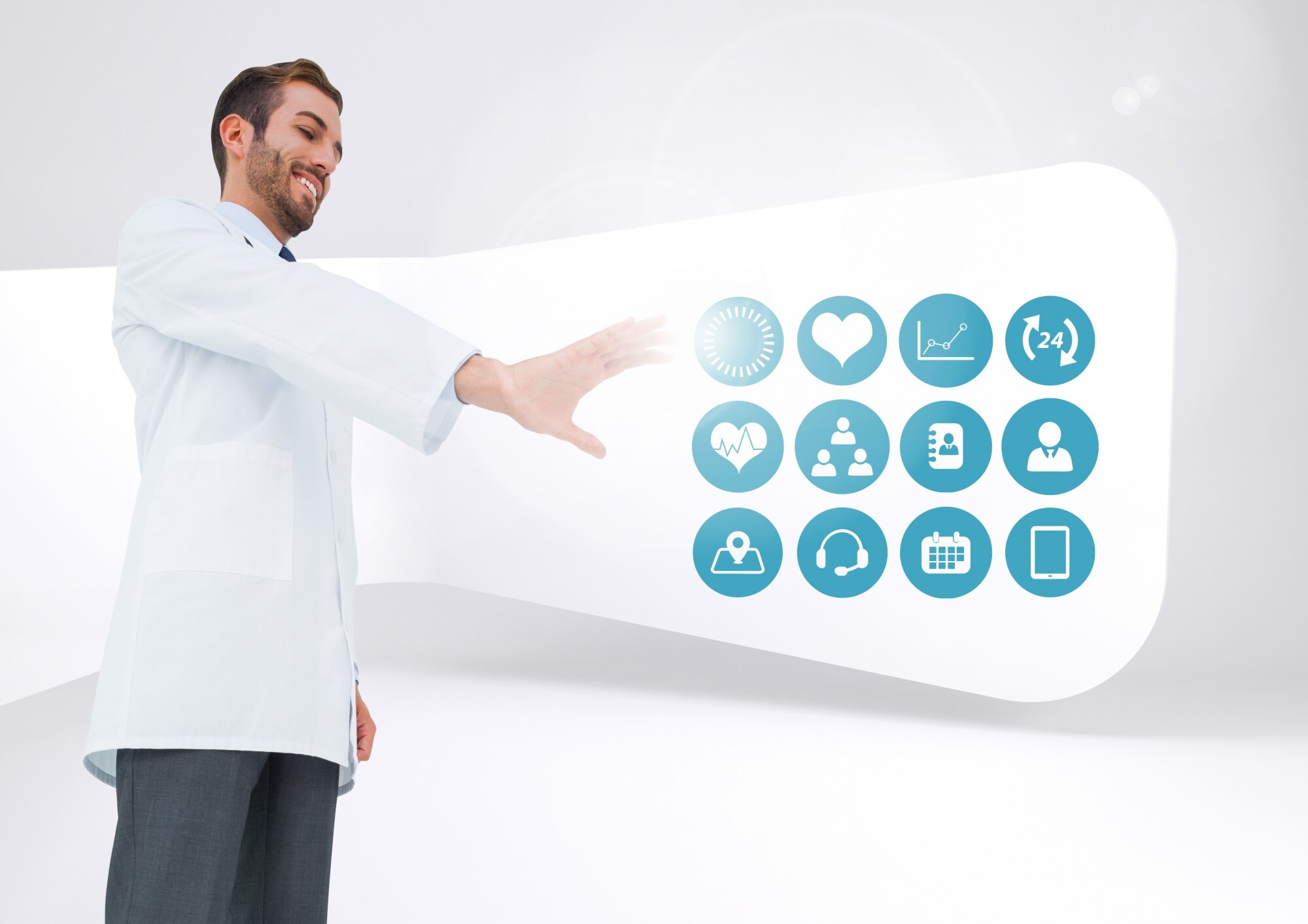
Sep 20, 2024
Unveiling the Top CRM Software Solutions for Pharmaceutical Industry: Your Ultimate Life Sciences Guide in 2024
The pharmaceutical industry is always changing. It’s driven by new ideas and a need for better customer engagement. To connect with healthcare professionals and patients, companies need a strong system. Enter Pharmaceutical CRM. It is a key tool. It boosts efficiency by managing relationships and improving communication. With the growing demand for personalized services, navigating this landscape can be challenging.
That’s where an effective CRM solution comes into play. It’s not just about managing contacts. It’s about building connections that inspire trust and collaboration among stakeholders. In today’s fast-paced world, it’s vital to know the right features of a Pharma CRM system. There are many factors to consider when choosing the best fit for your organization. They include data management and compliance needs.

What is Pharmaceutical CRM and Why is it Essential for Pharma Companies?
Pharmaceutical CRM is specialized software for life sciences companies. It helps teams manage interactions with medical personnel, patients, and other stakeholders. In an industry where relationships matter, this tool streamlinescommunications. By organizing data on clients and prospects, organizations can deliver personalized experiences and boostengagement.
Pharmaceutical CRM supports regulatory compliance by tracking interactions and maintaining records. This ensures communications adhere to industry standards and legalrequirements. As competition grows, a strong CRM is vital to make informed decisions and adapt strategies using real-time insights into customer needs.
Understanding the Basics of Pharmaceutical CRM Systems
Pharmaceutical CRM systems are built to improve interactions between drug companies and healthcare professionals. These platforms ensure vital information reaches the right people at the right time. Since many CRMs are cloud-based, they’re accessible from anywhere, enabling salesteams to collaborate and stay connected with key stakeholders.
Pharmaceutical CRMs ease compliance by maintaining detailed records of engagements for audits and quality assurance. Integrated sales data highlights market trends so companies can better meet evolving needs.
User-friendly interfaces help teams schedule meetings, analyze campaigns, and work across functions. Tailored solutions are indispensable in today’s competitive landscape.
Key Benefits of Implementing CRM in the Pharma Industry
Implementing CRM in pharma changes how organizations work with HCPs and patients. Centralizing data gives teams a complete view of interactions for better decisions. Streamlinedcommunication lets reps tailor messaging based on prior conversations and preferences—fostering strongerrelationships. Compliance improves by ensuring all communications meet regulations.
Automated reminders and documentation reduce audit risks. Analytics reveal trends and performance metrics to guide strategy and optimize outreach. Integrations help manage resources and boost productivity across departments.
How CRM Enhances Customer Relationships in Life Sciences
Effectiveclientrelationships are crucial in life sciences. CRM helps track interactions with medical personnel, ensuring personalized communication aligned to stakeholder needs. Automated follow-up reminders keep teams responsive and organized—building trust. Insights into behavior patterns allow for smarter engagement strategies and tighter alignment between sales and marketing.

